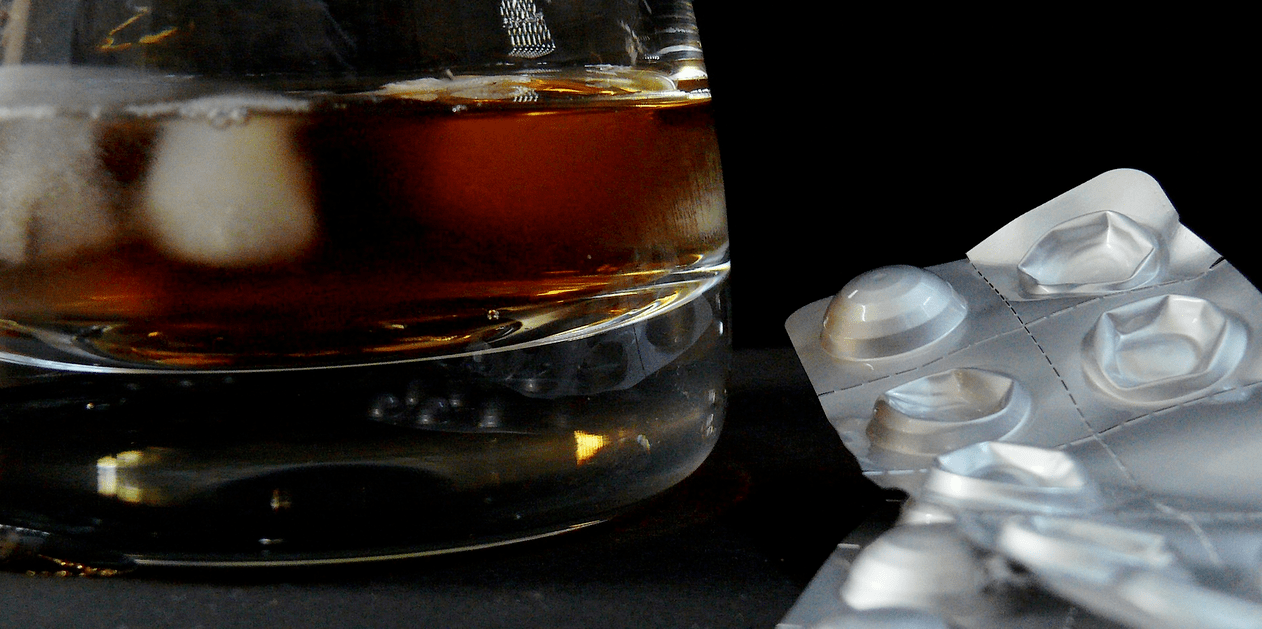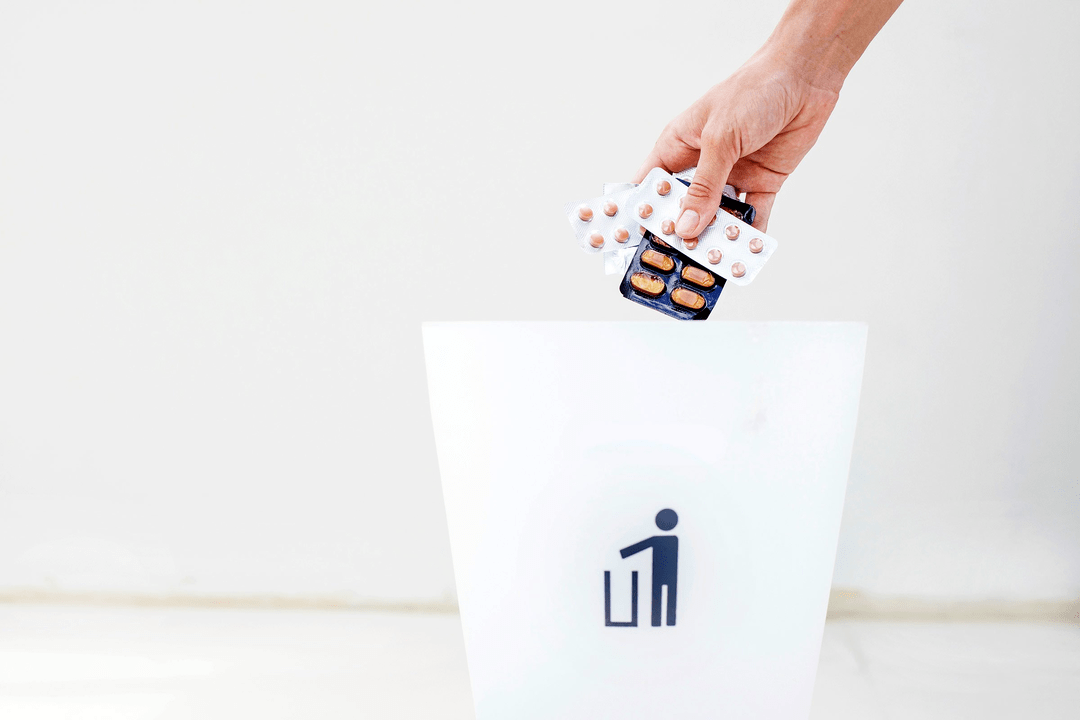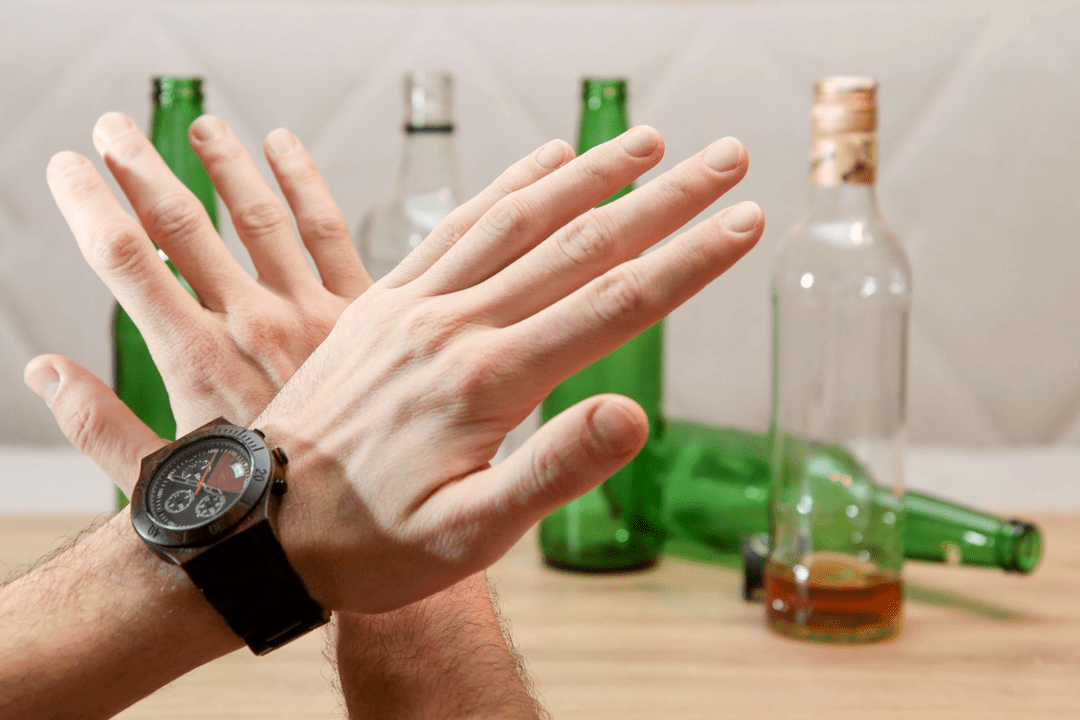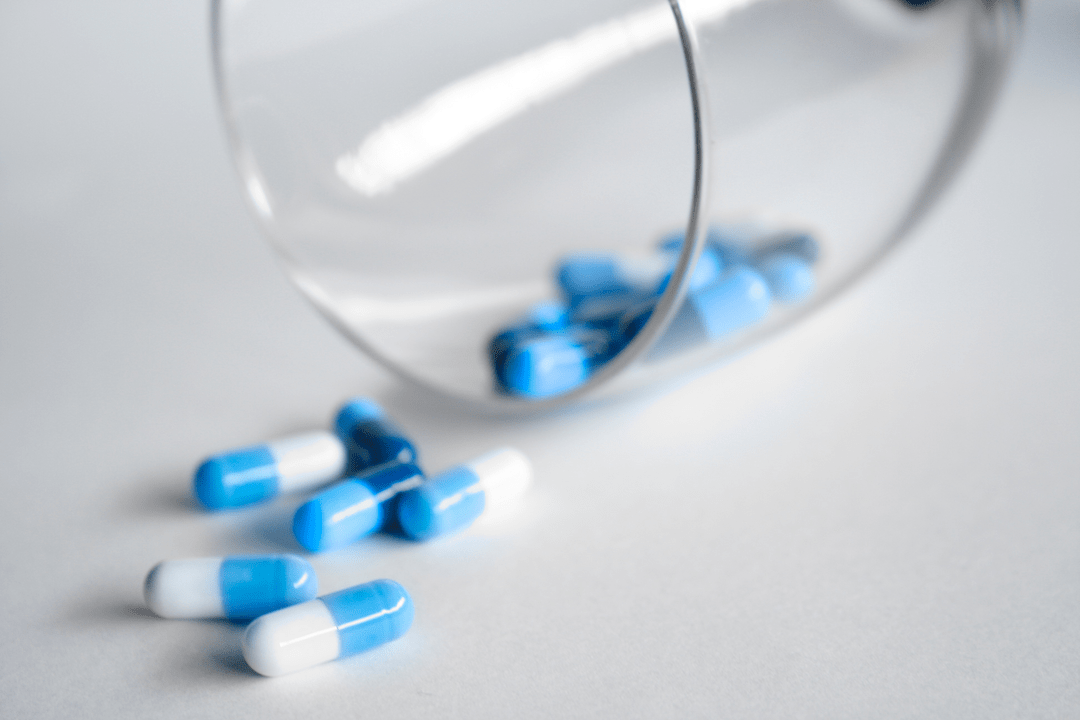Are antibiotics and alcohol compatible, in what cases is the danger of this combination justified, and when is it exaggerated? We answer this question in our article.
Sometimes it is necessary to use antibiotics. They are prescribed for various diseases and often happen at the completely "wrong time": on the eve of a long-awaited holiday or, for example, at a corporate party.
Some who find themselves in such a situation get bored at the party table, refuse a glass of wine or a sip of beer, while others decide to stop taking antibiotics, believing that they do less harm to their bodies. .
Let's make a reservation immediately: skipping one or two doses of the drug may negate the effectiveness of treatment, and irregular intake of antibiotics will make the pathogen more resistant to the effects, and thus aggravate the problem. With these experiments, you need to increase the dose or prescribe a stronger drug to defeat the "hardening" bacteria.
What will happen if you drink a glass of wine or a little beer against the background of antibacterial treatment? Most likely nothing. According to British scientists quoted by the Russian Air Force, alcohol has no effect on the effects of the most commonly used antibiotics. They are neutral in relation to each other, that is, the unpleasant "side effects" of such a combination should not be expected, of course, if the issue is limited to a glass of wine and not to mention some drugs, it should not be mixed with alcohol.

To understand all the risks associated with taking any medication at the same time as alcohol, including antibiotics, you should read the instructions carefully and make sure that this point is not there.
Which antibiotics are better not to combine with alcohol
It is not worth the risk and alcohol consumption during treatment with antibiotics of this class, as a number of studies confirm that the effect of ethanol is weakened.
It is also important to take into account that metronidazole and tinidazole react chemically with alcohol and increase their toxicity to the liver. However, the information on this account is very contradictory, but is it worth it?
Some members of the cephalosporin group inhibit the breakdown of ethanol, thereby causing a disulfiram reaction. These drugs block enzymes that eventually accumulate in the body and help break down acetaldehyde, which causes headaches, nausea, tachycardia, shortness of breath, convulsions and other unpleasant symptoms.
A similar reaction, according to some reports, can be caused by some bacteriostatic antibiotics, but it has not been used so often recently. The combination of alcohol and antifungal agents is dangerous.

Alcohol and some antibiotics can not only destroy the whole treatment, but also cause harm
Long-term use of antibiotics and alcohol
At the same time, it is important to understand that many antibiotics, including erythromycin, rifampicin, tetracyclines, sulfonamides, nitrofurans, and lincomycin, accumulate in high concentrations in bile and can cause toxic liver damage over time when used for a long time. . As a major detoxification body, it primarily suffers from drug side effects. Although events such as cholestatic hepatitis and even fatty infiltration of liver cells are generally temporary, it is not worth overdoing this important organ, which has to work with a double burden when it comes to metabolizing both drugs and alcohol.

For most medications, abstinence from alcohol is the best option.
Another argument for avoiding alcohol during antibiotic treatment is that ethanol causes thirst and slows down the overall healing process.
Which antibiotics are still not combined
However, the problem is not limited to abstaining from alcohol while taking antibiotics. Other medications a person takes, and even what they drink with the medication they take, play an important role.
Thus, for example, if taken with a glass of milk, an antibiotic pill or a piece of curd eaten casserole, it can negate all the benefits of the drug. Penicillins and tetracyclines, which form stable chelate complexes with calcium, are the worst compounds in dairy products. However, it is best to drink erythromycin with milk.
Antibiotics are not combined with tea, coffee, lemonade, fruit and fruit juices, as well as foods containing vinegar.
You should take antibiotics from time to time according to the instructions. If the problem is not limited to a single medication, it is important to make sure that the medications do not conflict with each other. A qualified doctor will certainly not prescribe inappropriate medications, but may not even know that you are currently being treated by another specialist and that you are taking the pills he or she prescribes.
Thus, for example, cholestyramine and enterosorbent drugs taken concomitantly with antibiotics reduce the absorption of the latter. Taking erythromycin in combination with oral contraceptives can cause intrahepatic cholestasis, and some antibiotics may reduce the effectiveness of oral contraceptives.
Due to the risk of bleeding, it is dangerous to combine cephalosporins with thrombolytics, and macrolides and fluoroquinolones may increase the toxicity of theophylline.

The combination of alcohol and some drugs can be fatal
Which drugs are dangerous to combine with alcohol
Do not combine painkillers, antidepressants, muscle relaxants, antihypertensives, antipsychotics, diuretics, antipyretics, cardiovascular drugs, anticoagulants, painkillers, antihistamines and sleeping pills and oral contraceptives with alcohol. In each case, the undesirable side effects will be different and sometimes quite dangerous.
Finally: read the instructions carefully to avoid any problems with antibiotics. Of course, you should not decide to take antibiotics yourself. Your doctor should prescribe them. Self-medication is fraught with serious health problems.
























